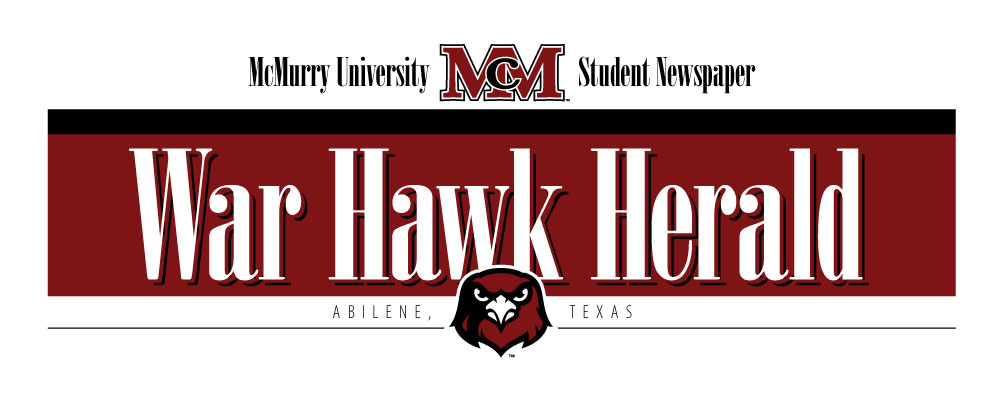New Queer Studies Course expands Perspectives
Queer Studies: Theory and Theology is a new course this semester, taught by both Dr. Wahl and Dr. Waters. Dr. Wahl teaches the theory aspect as a sociology professor, and Dr. Waters focuses on the theology part as a religion professor. The course description states that the course encourages students to think critically about the intersection of sociology, religious studies, gender identities, and sexual orientation, further “challenging them to view our complex world from multiple perspectives.”
The idea for the course started about three years ago when Dr. Wahl asked his students what was missing from the Sociology Curriculum, and the number one answer was Queer Theory. Dr. Waters came to him with the idea of adding Queer Theology into the course, and the plan took off from there.
I individually asked both professors some questions, the first one being, “What made you want to teach this course?” Dr. Wahl answered that he thinks this is a great course for critical thinking. He stated, “One of the tools I want students to learn more than anything is critical thinking. I think it helps them not only throughout their college careers and into graduate school, but also into their careers and lives. I can’t think of many more classes that definitely challenge critical analysis as much as this one. Part of critical analysis is to be able to listen to that contrary position and either reinforce, transform, or completely change yours.” He explained that he does not want everyone to have the same opinions or way of thinking, because our differences challenge assumptions of the course material and the viewpoints of some other students. Even he and Dr. Waters do not agree on everything! A reason Dr. Waters wanted to teach this was because he thinks that McMurry needs a course like this. He expressed that he thinks all people are created in the image of God and are of infinite worth. He stated that this course, “talks about marginalized groups that are also created in the image of God and are of infinite worth, and I think people need to learn about that.”
When asked who they would recommend this course to, Dr. Wahl said absolutely everyone. He stated, “I want people to take this course from a variety of viewpoints, as long as they aren’t bullying anyone else. As long as they present a constructive viewpoint, I would welcome it.” He talked about when he taught a Women’s studies course at Iowa State, and there was only one male-identifying student in a class with 39 female-identifying students. The male student wanted to drop the course because his opinions were very different from the women’s, and Dr. Wahl told him to give it two weeks, and that he could make his arguments in class, because his voice was just as important as anyone else’s. The class included healthy debate, and at the end, the student said it was the best class he had ever taken, because it was the first time at that school that he was able to have a voice in the classroom. This story is a great example of why different perspectives are important for critical analysis. Dr. Waters answered that he would recommend Queer Studies to anyone who deals with human beings on a day-to-day basis. He stated, “When you get out in the work world, you’re going to be working with people of all religious backgrounds, gender identities, and sexual identities. It’s to the students’ advantage to know these things before getting out into the world.”
Lastly, they were asked what their favorite part of the course has been so far, and they answered very similarly. Dr. Wahl said that it has been the discussions we have in class, because people are interested, thinking critically, and do not all agree, which creates a richer learning environment.” Dr. Waters’ answer was, “Interacting with the students! You all are great, and I am excited about the students we have.”
Taking this course has been a great experience for me, and I have really enjoyed it so far. Some topics we have discussed include Queer History, Social Construction of Sexuality/Religion, Queer Identity & Performativity/Religion, and Same Sex attraction through a Sociological/Religious lens. We have had many great guest speakers, one of them being Rev. Scottie Shelton, who is a lesbian woman who sought to bring pastoral care and social justice to people with AIDS in the late 1980s. She partnered with the LGBTQ+ organizations in Austin to stand up for justice and the rights of queer people: speaking at rallies, city council meetings, participating in Pride Marches, including the March on Washington in 1987. Her visit and discussion with our class was a very eye-opening and wonderful experience. Overall, I highly recommend this course to anyone, even if Sociology and Religion are not a part of your degree!
